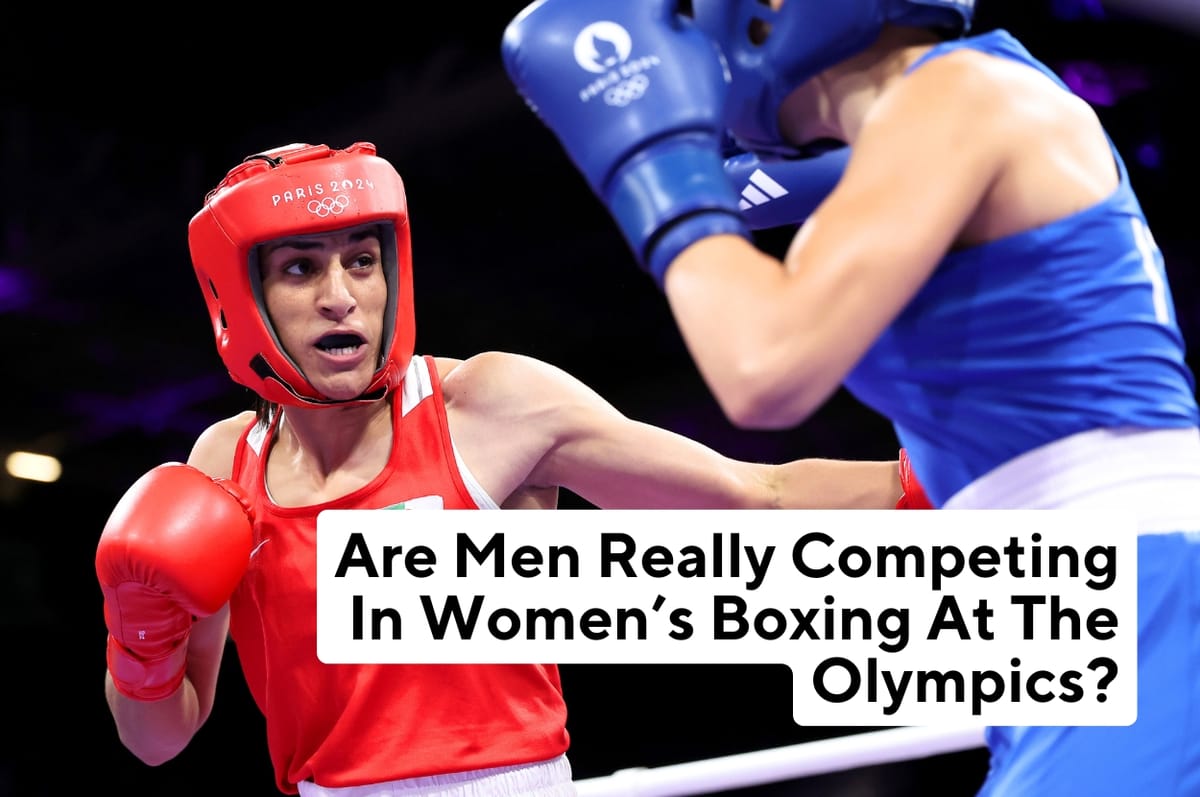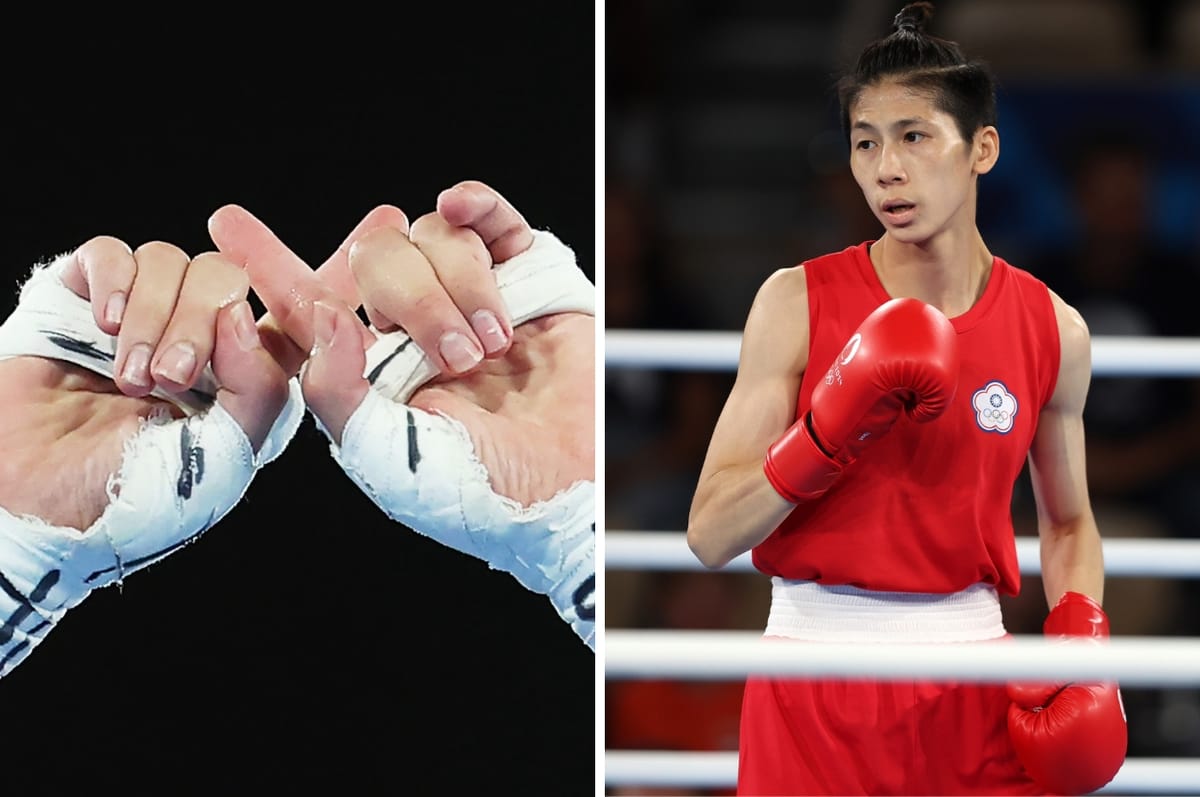Indian Woman Wrestler Through To Olympic Final Disqualified For Being 100 Grams Overweight
Vinesh Phogat announced on X that she is retiring from wrestling, saying, “Wrestling won and she lost,” and that she felt she had no strength left.
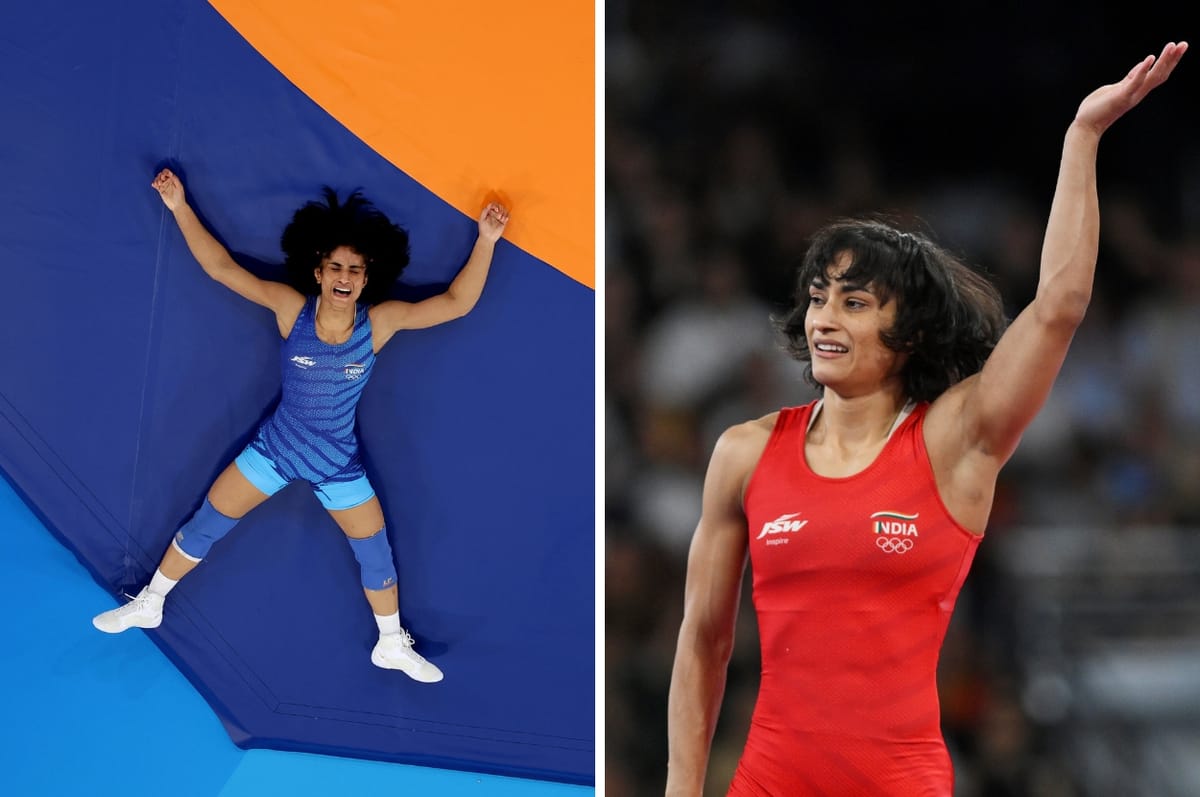
This Indian woman wrestler was on her way to winning a gold medal at the Olympics but was disqualified for being 100 grams overweight.
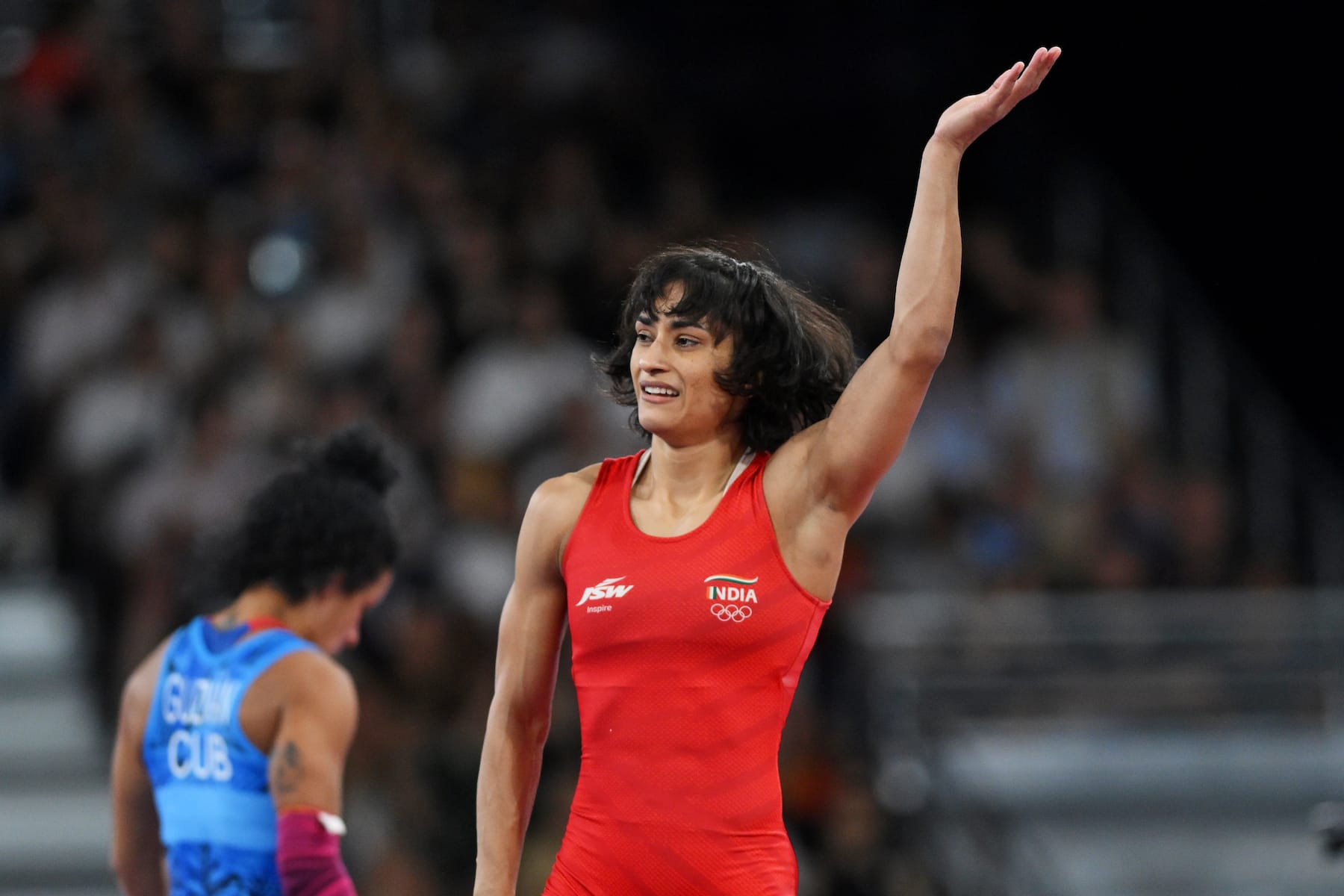
After advancing to the final for the 50kg freestyle wrestling category on Aug. 6, Vinesh Phogat was disqualified at her weigh-in the next day, ending what would have been an historic Olympics journey.
The 29-year-old had been the first Indian woman wrestler to ever reach an Olympic final.
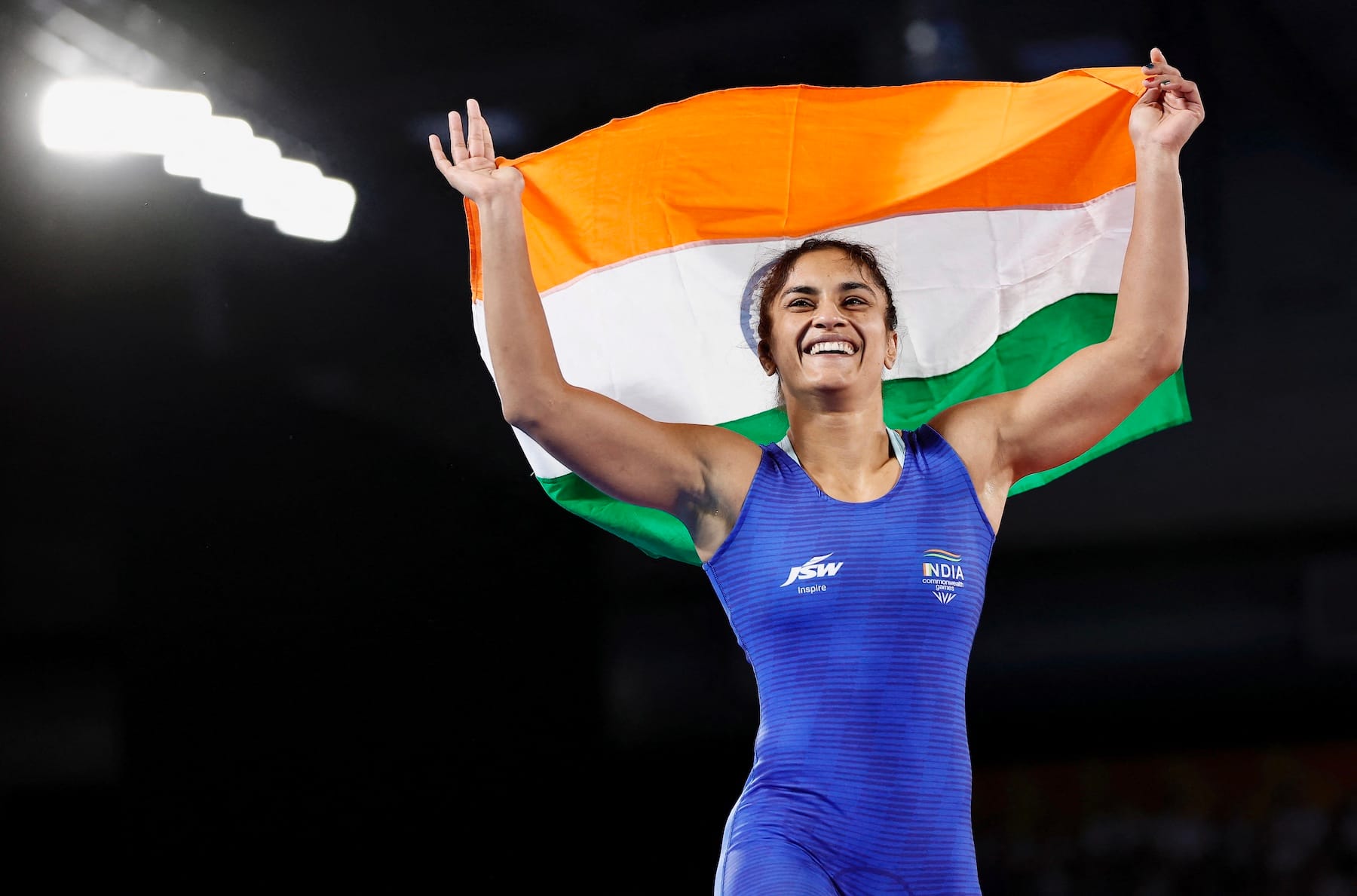
In Olympic wrestling, athletes are weighed before their matches to ensure they are under the weight for their category.
Phogat usually competes at 53kg but made extreme changes to her training and diet to drop to the 50kg weight class because another wrestler secured a spot for the 53kg category on India’s team.
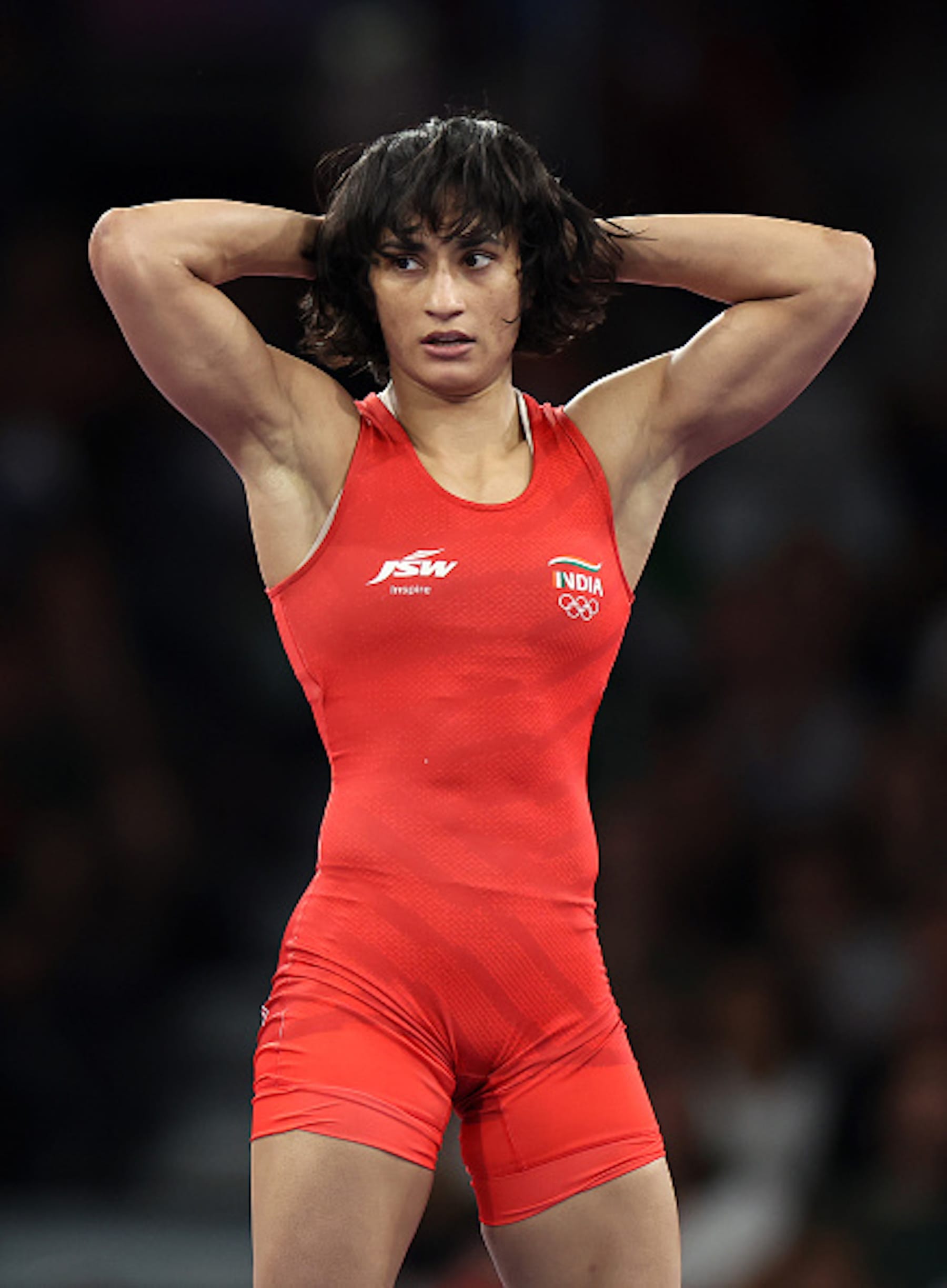
She also had to do this under an especially tight timeline as she had sacrificed her rigorous training regime to lead long-term protests against a top wrestling official sexually harassing Indian women athletes.
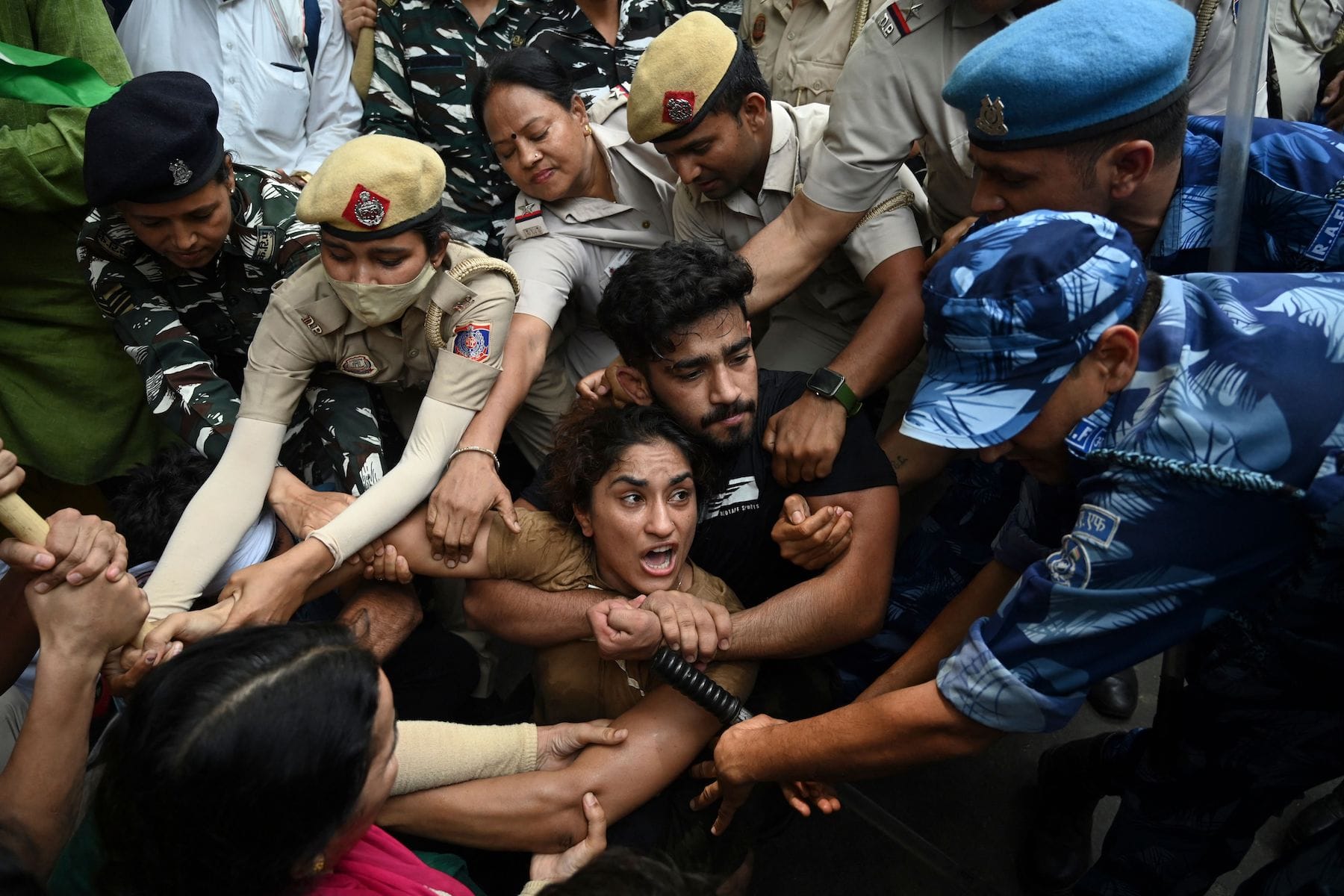
On Tuesday, Aug. 6, the day before the match, Phogat had been under 50kg in the morning but was a kilo overweight at night.
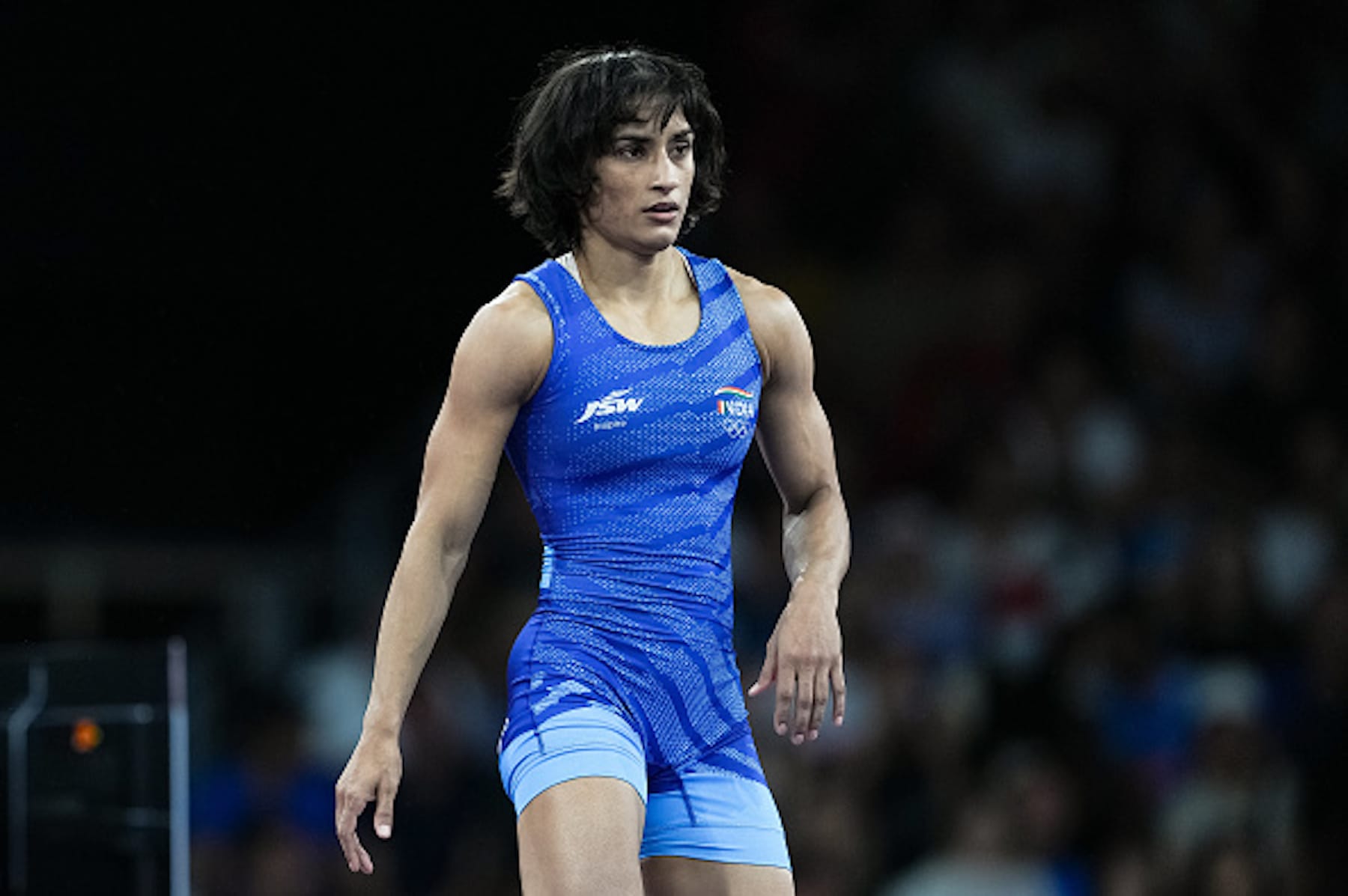
She took extreme measures, including starving herself, not sleeping, cutting her hair and drawing blood, to try to get back to 50kg.

Despite her efforts, she only lost 0.9kg, leaving her still 0.1kg over the limit, which caused her to be disqualified the next day.

Phogat’s extreme measures led to dehydration, and she was hospitalized shortly after she was disqualified.

On Thursday, Aug. 8, Phogat announced on X that she is retiring from wrestling, saying, “Wrestling won and she lost,” and that she felt she had no strength left.
Although disqualification for being overweight is rare at the Olympics, it disproportionately affects women.
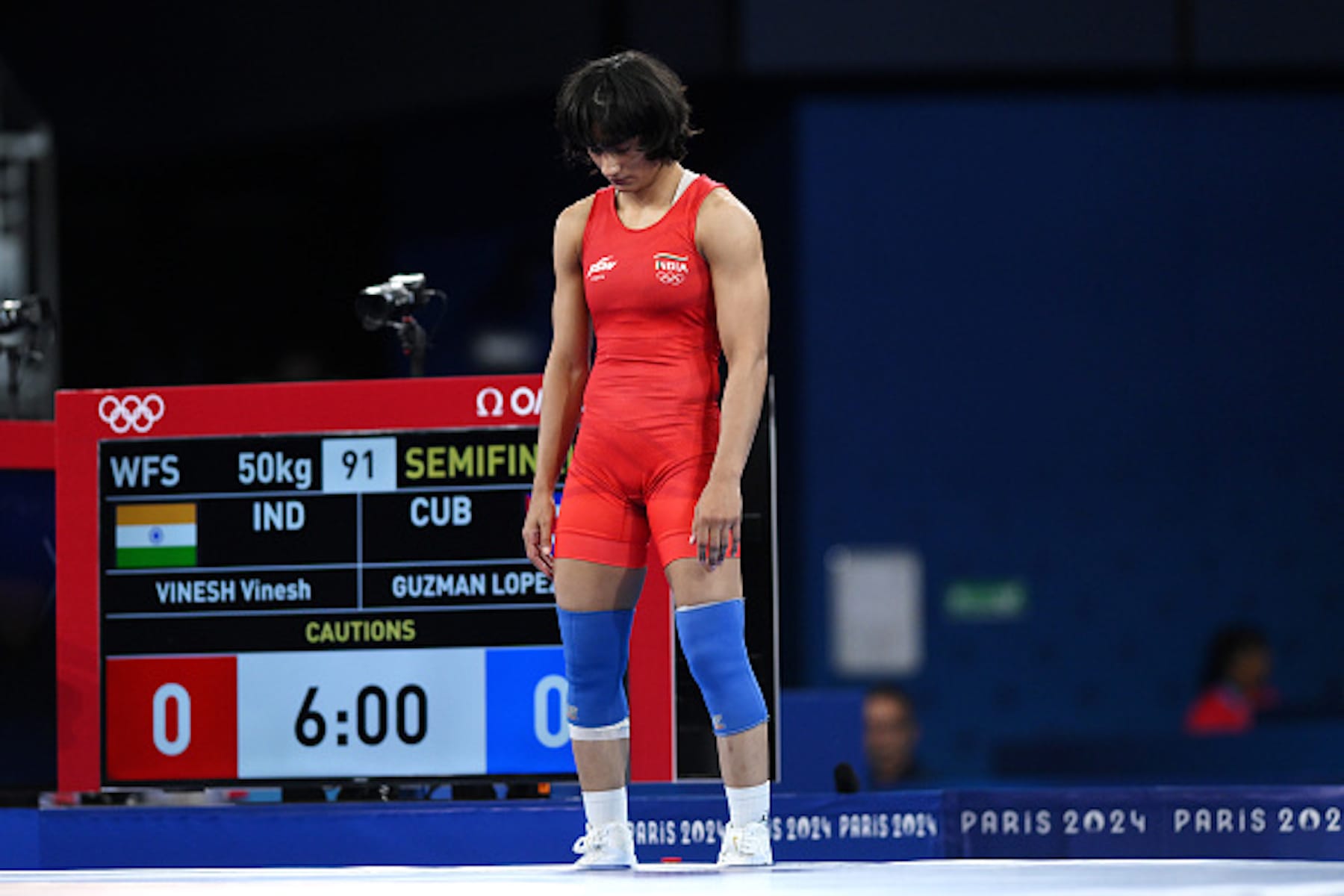
Two other women athletes have also been disqualified for being overweight at this year's Olympics, including Italian wrestler Emanuela Liuzzi, who was disqualified on Aug. 6 after her weight exceeded 50kg.
Yomna Ayyad, the first Egyptian woman boxer to ever qualify for the Olympics, was also disqualified on July 27 for being 700g over the 54kg limit for her division.
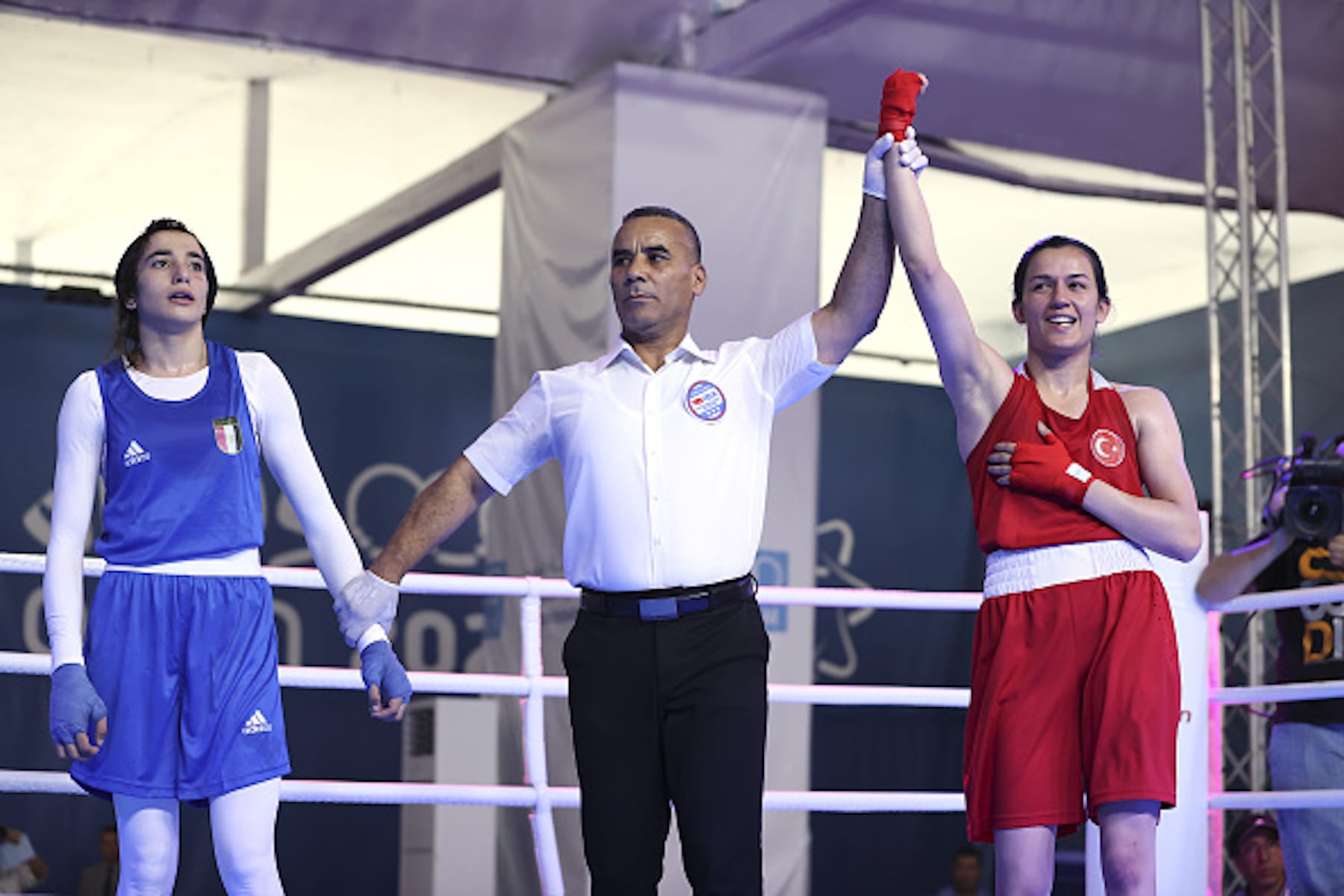
The Egyptian Olympic Committee said Ayyad’s weight gain had been due to “physiological and hormonal changes”.
People have suggested that Ayyad may have been on her period.

In combat sports like wrestling, boxing and judo, the weight categories for women are often lower than for men, meaning women athletes have to be significantly lighter in order to qualify for competitions.
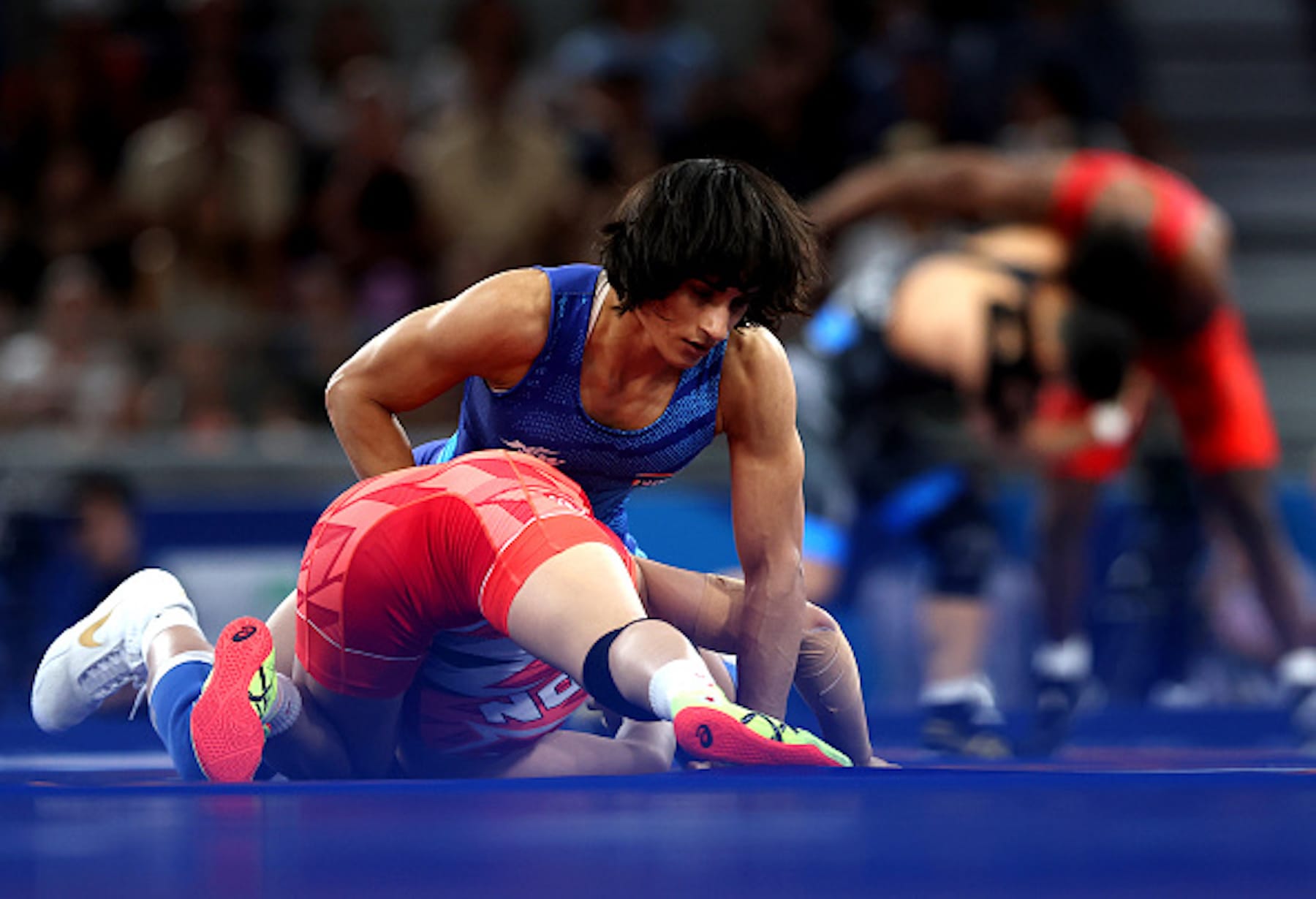
To meet the low weight limits, women athletes often have to strictly manage their weight or use intense dieting or quick weight loss methods.

But, according to many coaches, it’s far harder for women to lose weight than men as women have much lesser water content.

In addition, hormonal changes during menstruation can cause temporary weight gain or water retention.
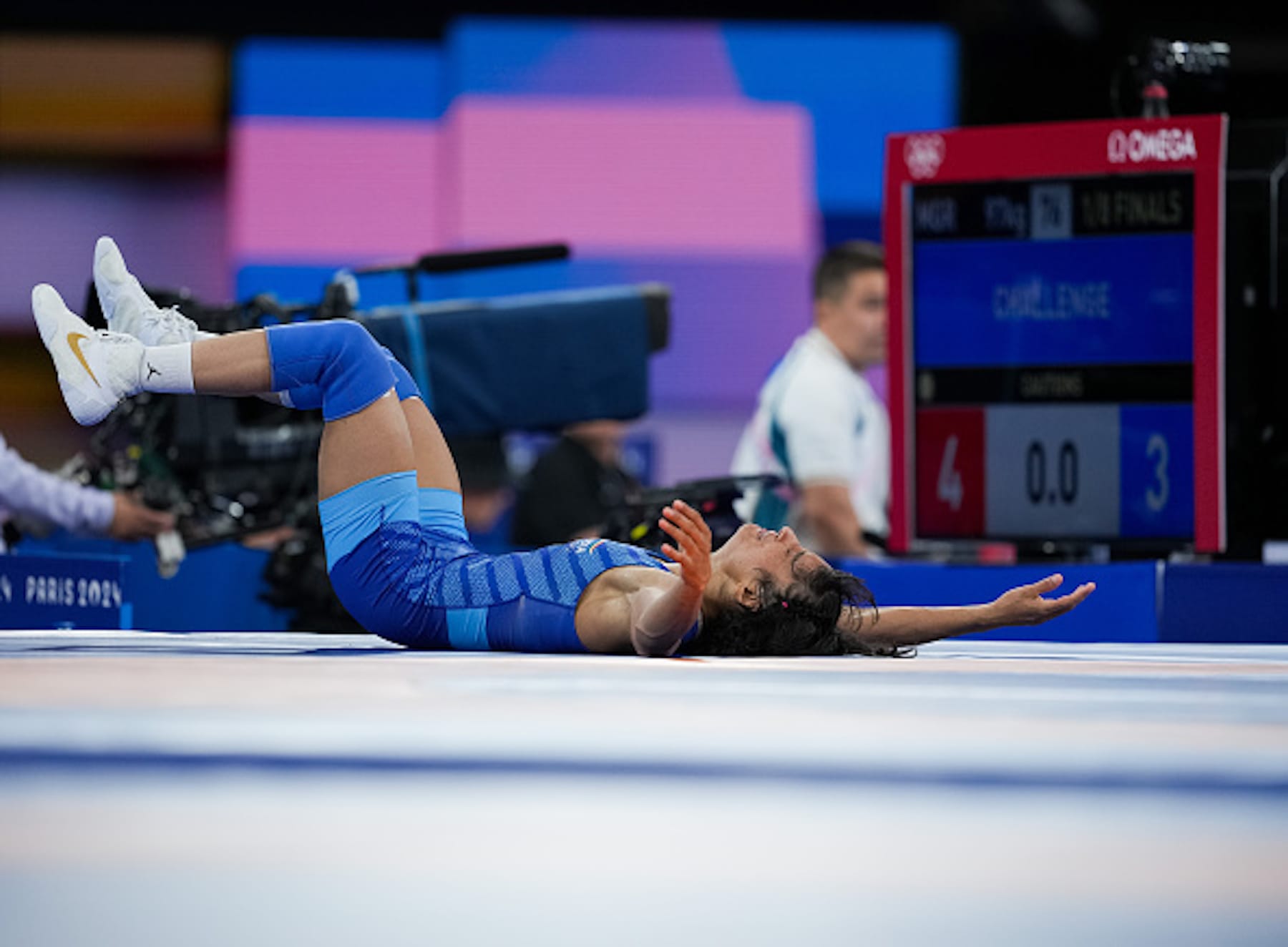
The Paris Olympics is being billed as the first gender equal Olympics, but these incidents have sparked conversations about the need to better understand women’s bodies and how hormonal changes can affect their athletic performance as most sports research has focused on men.
More On The Paris Olympics
